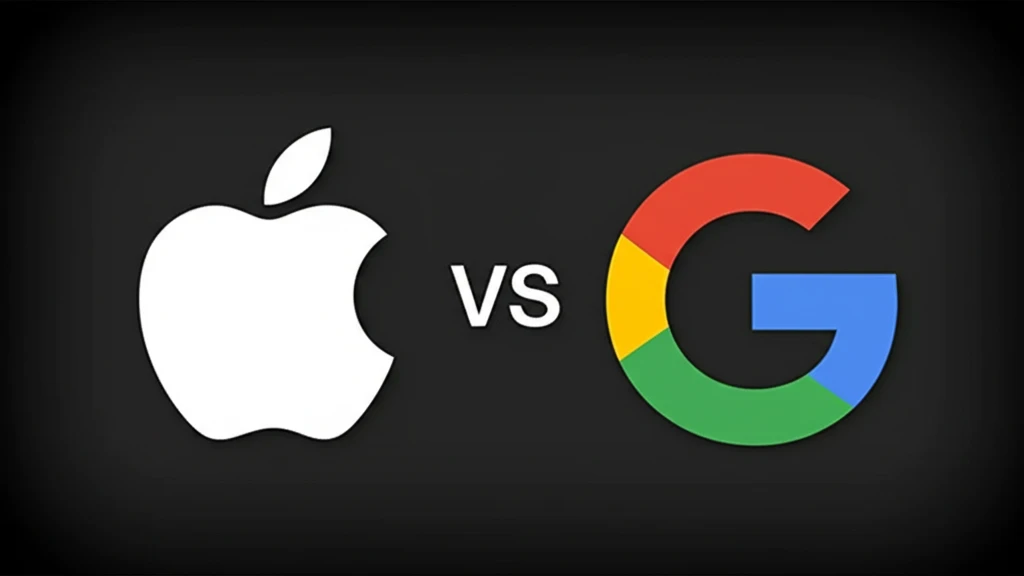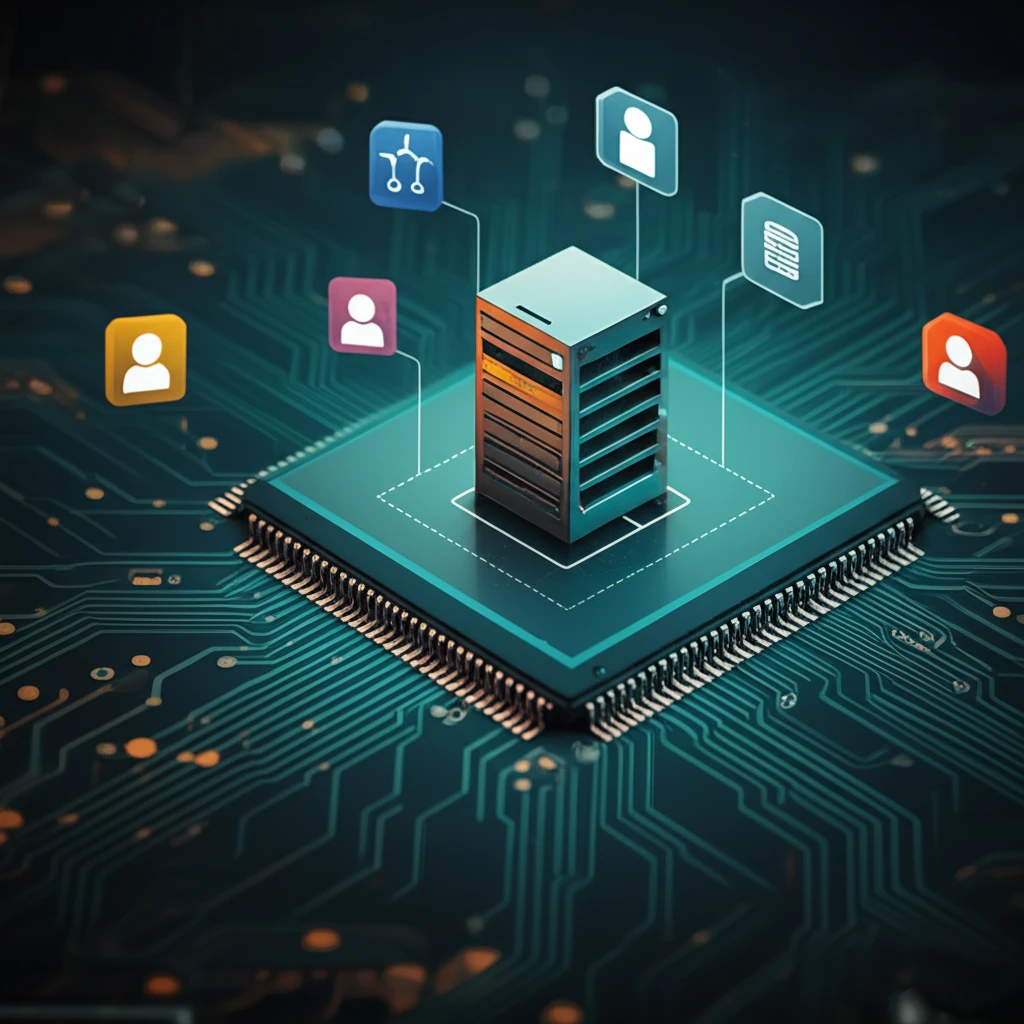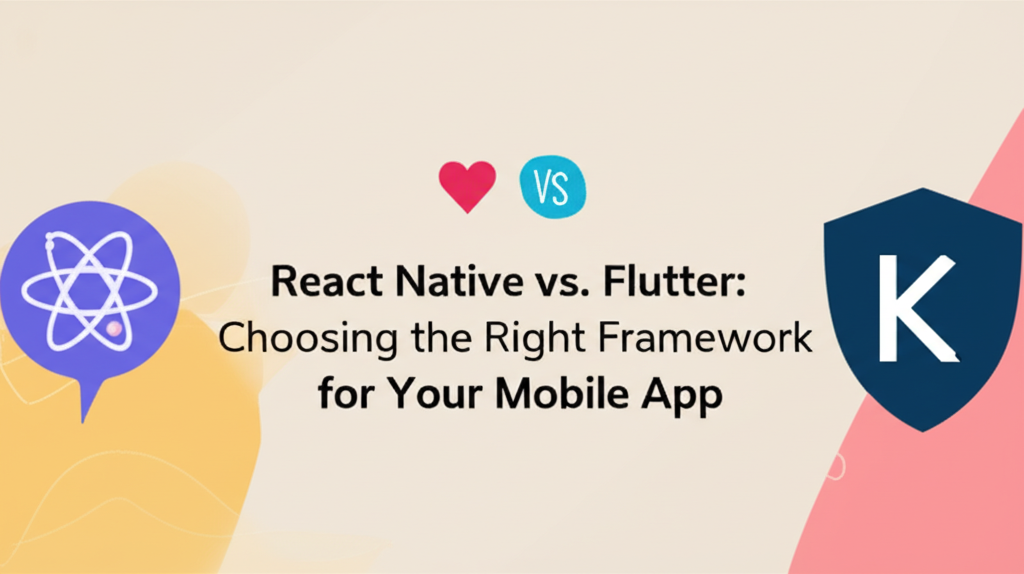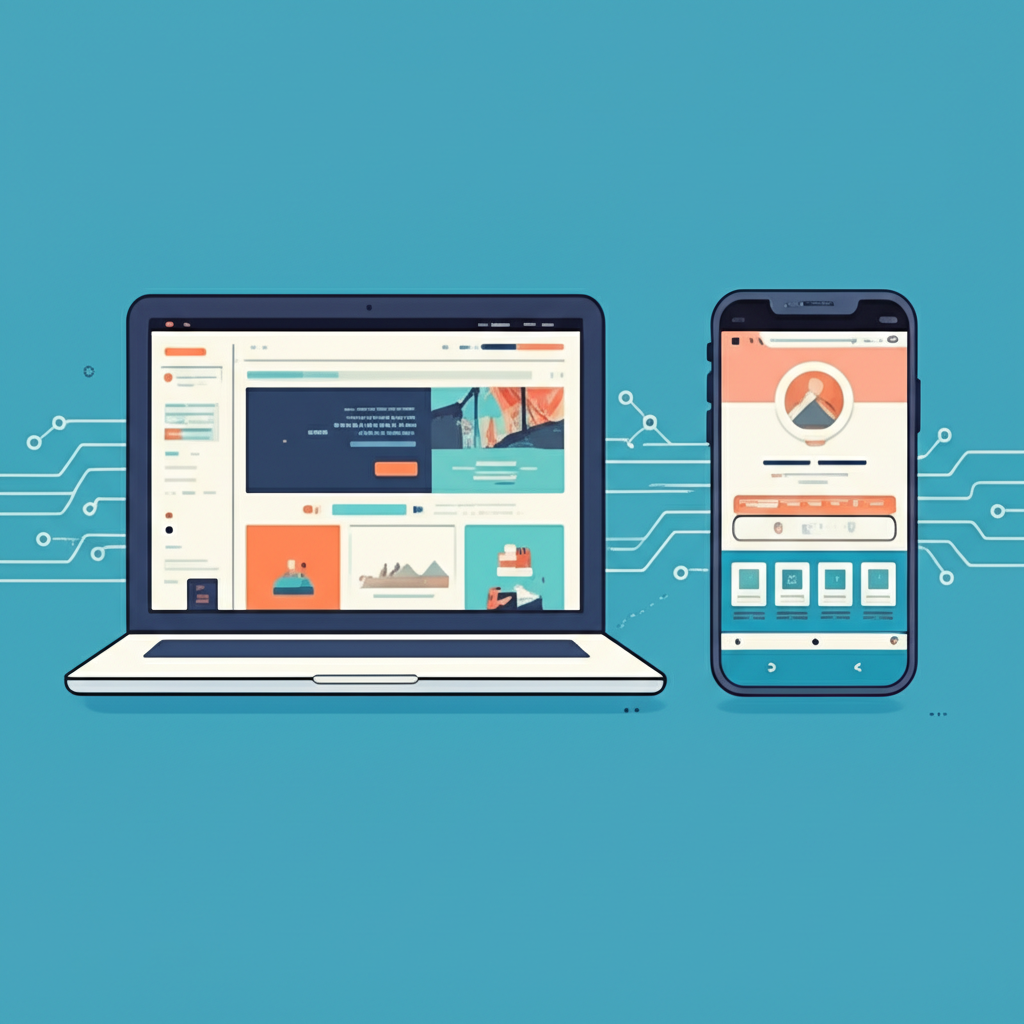As we start 2025, the tech landscape is poised for significant evolution. Apple and Google, two of the industry's giants, are expected to be at the forefront of this transformation. This article delves into potential advancements and strategic directions for both companies.
Apple's Innovations: Beyond the iPhone
Apple's focus will likely extend beyond its core iPhone business. Expect to see advancements in:
- Augmented Reality (AR) and Virtual Reality (VR): Apple is heavily invested in AR/VR technologies. By 2025, we can anticipate a mature AR headset and enhanced AR capabilities integrated into existing devices. The ecosystem will have established itself more firmly.
- Healthcare Technology: Apple's Watch already offers health-monitoring features. Expect more sophisticated health sensors, data analysis, and potentially partnerships with healthcare providers. Look to see increased preventative measures integrated into the technology.
- Automotive Industry: Rumors of an Apple Car have circulated for years. 2025 might be the year we see a concrete product or a significant partnership in the electric vehicle (EV) market, even if it only involves software integration into existing car infotainment systems.
- AI and Machine Learning: Expect further integration of AI into Siri and other Apple services, making them more intelligent, proactive, and personalized.
Google's Expansion: AI, Cloud, and Beyond
Google's ambitions extend far beyond search. Key areas to watch include:
- Artificial Intelligence (AI): Google's strength lies in AI. Expect AI-powered advancements across all its products, from search and Assistant to cloud computing and autonomous driving with Waymo.
- Cloud Computing (Google Cloud Platform - GCP): Google will continue to invest heavily in GCP, aiming to close the gap with AWS and Azure. Expect enhanced AI-powered cloud services and solutions for enterprises.
- Autonomous Vehicles (Waymo): Waymo will likely have expanded its autonomous ride-hailing service to more cities, demonstrating the commercial viability of self-driving technology.
- Sustainable Technology: Google will likely expand the use of AI to make existing infrastructure more sustainable and efficient. The tech giant may partner with cities to create greener spaces.
- Hardware Ecosystem: Look for continued growth in Google's hardware offerings, including Pixel phones, Nest devices, and potentially new categories of smart home products.
The Convergence of Technologies
Both Apple and Google are likely to explore synergies between their technologies. For example, AR/VR could be integrated with AI and cloud services to create immersive and personalized experiences. The interoperability of devices and platforms will be a key focus, allowing seamless data sharing and collaboration across different ecosystems.
Challenges and Opportunities
Both companies face challenges, including:
- Regulatory Scrutiny: Antitrust concerns and privacy regulations will continue to be a major factor, potentially impacting their business practices and acquisitions.
- Competition: The tech landscape is highly competitive. Both Apple and Google will need to innovate continuously to stay ahead of rivals such as Microsoft, Amazon, and emerging players.
- Talent Acquisition: Attracting and retaining top engineering and research talent will be crucial for driving innovation.
However, these challenges also present opportunities for growth and innovation. By embracing new technologies, expanding into new markets, and addressing societal needs, Apple and Google can solidify their positions as leaders in the tech industry for years to come.




